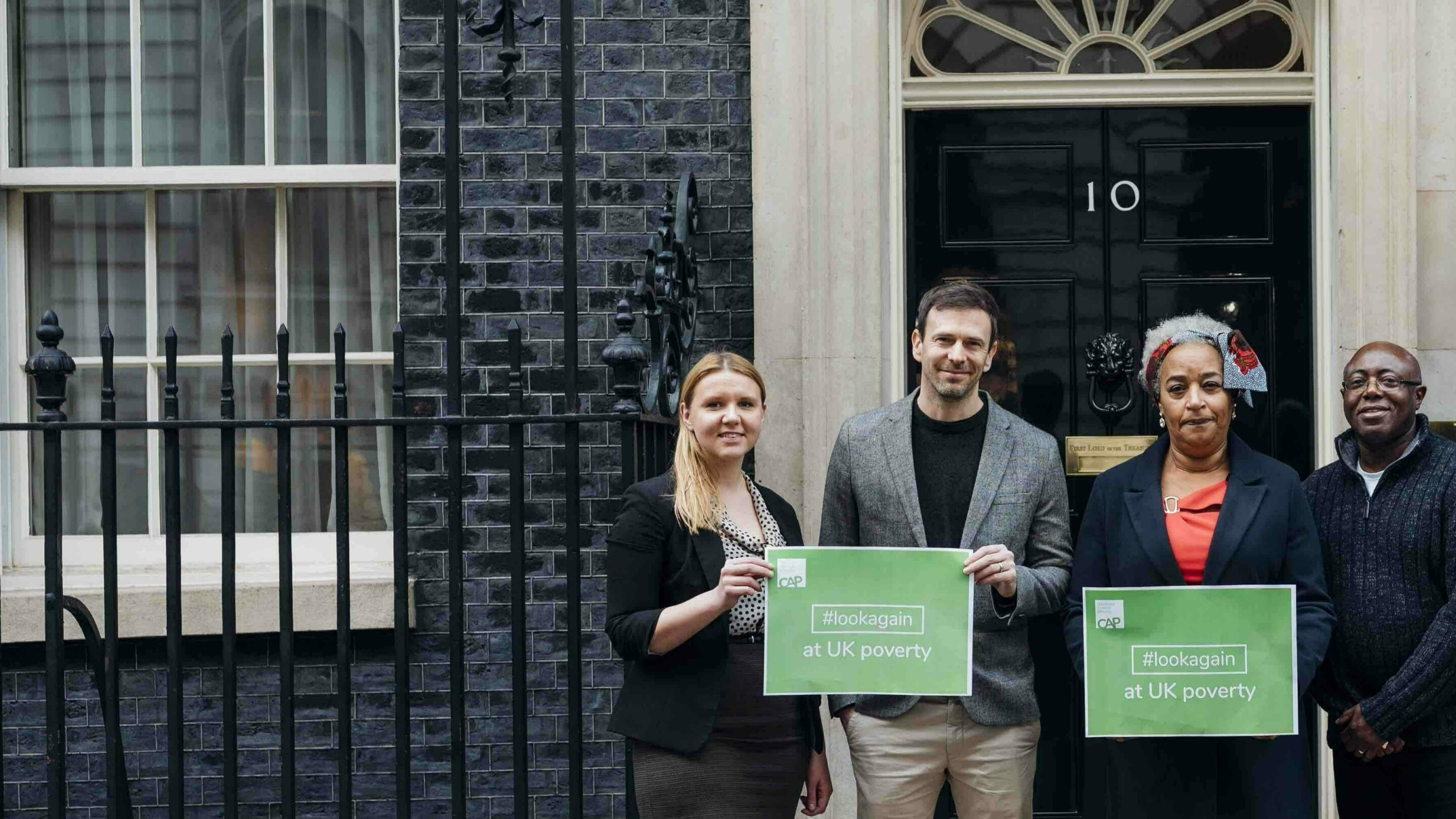Our mission
Right now, debt and poverty are forcing millions of people into impossible situations. Families are struggling to put food on the table and growing numbers cannot afford to turn on the heating. More and more people are living under the all-consuming pressure of financial hardship. That’s why we’re working hard to shape and influence policy, using our expertise to take steps towards an end to UK poverty.
We’ve been advocating for and supporting people experiencing debt and poverty since 1996 and we’ve seen change happen, but there’s so much still to achieve. We don’t plan to stop now.
What we do
We want to see an end to UK poverty. Our Policy and Research team pull together evidence and research, undertake consultations and publish reports to help decision-makers develop and shape policy. We also campaign and petition, attend events and roundtables, and advocate for people in debt and on low incomes.
Our current focuses
We concentrate our efforts and campaigns on specific areas to achieve maximum impact.
We want the Government to ensure that no one is left struggling as the cost of living increases.
We want the UK to be a place where debt collection does not push people further into hardship. We work to present evidence and shape policies that protect people living in vulnerable circumstances.
We’re working to see social security provided at adequate levels, where caps and sanctions don’t push people into destitution and for processes to work for all.
We believe having a warm, lit home is a basic human right. Our policy work feeds into the design of financial support schemes and the prevention of disconnection from utilities.
Our work in financial services aims to identify where harm is being caused, where regulation is needed to ensure good outcomes for all.
As the landscape of debt solutions evolve and change, we want to make sure insolvency remains the fresh start it was designed to be.









